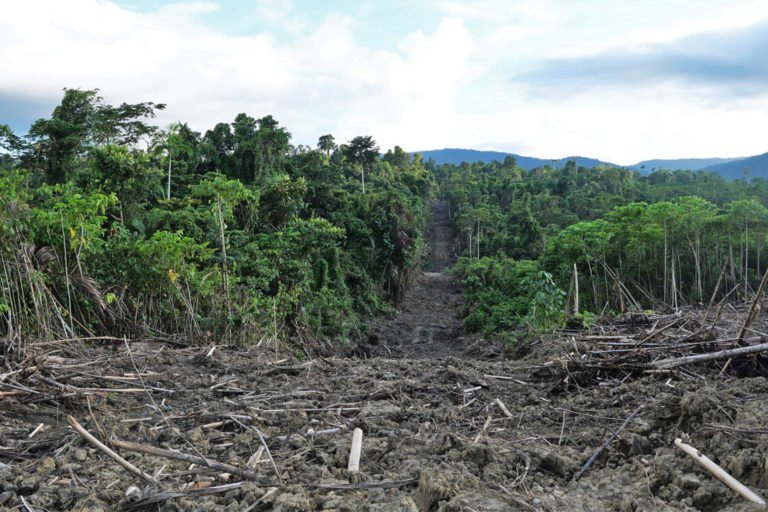Ximena Rueda is an associate professor at the School of Management, Universidad de los Andes, and a commissioner at the Commission on Sustainable Agriculture Intensification (CoSAI).
The views expressed in this guest commentary are the author’s own and do not necessarily represent those of AFN.
The UK’s ongoing overhaul of farm subsidies in the wake of Brexit has coincided with growing global calls to repurpose public agricultural subsidies in order to achieve environmental goals. At the same time, private impact investment into schemes that encourage farmers to protect and restore nature is on the rise. Yet neither new funding nor traditional subsidies will reach their aims without first improving farm-level payment meachanisms.
Private finance may help fill the huge global funding gap in paying for our shared targets for nature and society. But the world is increasingly beginning to accept that nation states have the same social and financial duty to protect natural habitats and ecosystems as they do people.
Public agencies and governments must therefore scale up funding and innovation to meet environmental goals in the same way they deliver social welfare schemes: by dedicating resources to designing fair and effective farm payments that have both the short-term needs, and the long-term interests, of the users in mind.
As stewards of the world’s natural resources, farmers need targeted support to equip them to protect and restore nature, requiring conditional farm payments that are fair and just.
Badly-designed farm payments can inadvertently make the poor poorer, with large landowners – and larger smallholders, even – benefiting at the expense of subsistence farmers, tenants, and the poorest rural people. Such misguided farm payments can compromise equity in an attempt to target the most environmentally impactful farmers; and they can still miss environmental goals nonetheless.
Innovative agricultural policies can help. One example is the Good Food Purchasing Program, adopted by the City of Los Angeles in 2012, which uses public procurement to prioritize the purchase of food from small and mid-sized producers with requirements for sustainable production practices such as soil and water conservation, and biodiversity protections. Not only did this redirect $12 million to the local food system, creating 150 new jobs within a year; it also reduced carbon emissions and water use from industrially produced meat. Similar schemes have also been adopted in Brazil.
For agricultural financing to be effective, farmers themselves must also be involved in the design of such payment mechanisms, so the initiatives cover the kinds of ecosystems and land uses that directly involve farmers of all kinds. The UK’s post-Brexit subsidy scheme, for example, is being “co-designed” with farmers and other players.
Evidence suggests that farmers who feel externally controlled can become demotivated, especially if they feel the farm payment system is unfair. On the other hand, well-designed, locally agreed farm payments can help support farmers’ own interests in protecting nature – such as preventing soil erosion to reduce the impact of floods, and harnessing biodiversity to reduce the threat of pests.
Finally, schemes aimed at paying for nature should be broadly designed to target the areas with the greatest risk or need, and bring together farmers and other rural dwellers with local governments.
Voluntary mechanisms tend to favour the best-performing farmers, leaving the rest behind. Such a piecemeal approach limits large-scale impact and can exclude poorer rural households that would benefit the most from such incentives. Some positive initiatives exist, such as Nespresso‘s AAA program for sustainable coffee sourcing, which uses a cluster approach to cover a full region offering outstanding produce quality rather than specific farms.
As the world faces down the linked climate and biodiversity crises, there is both an urgent need to reduce the demand for bad agricultural policy – which is harmful to the environment and to poor farmers – and to foster the growing interest from investors in schemes that empower farmers as environmental stewards.
Yet existing initiatives such as payment for ecosystem services, REDD+, voluntary certification schemes, and carbon and biodiversity offsets need very careful design if they are to meet their aims.
New financial tools and subsidies must be developed carefully, in partnership with farmers and local communities, to accelerate the transition towards sustainable agriculture and become the safety net for the environment that the world needs.












